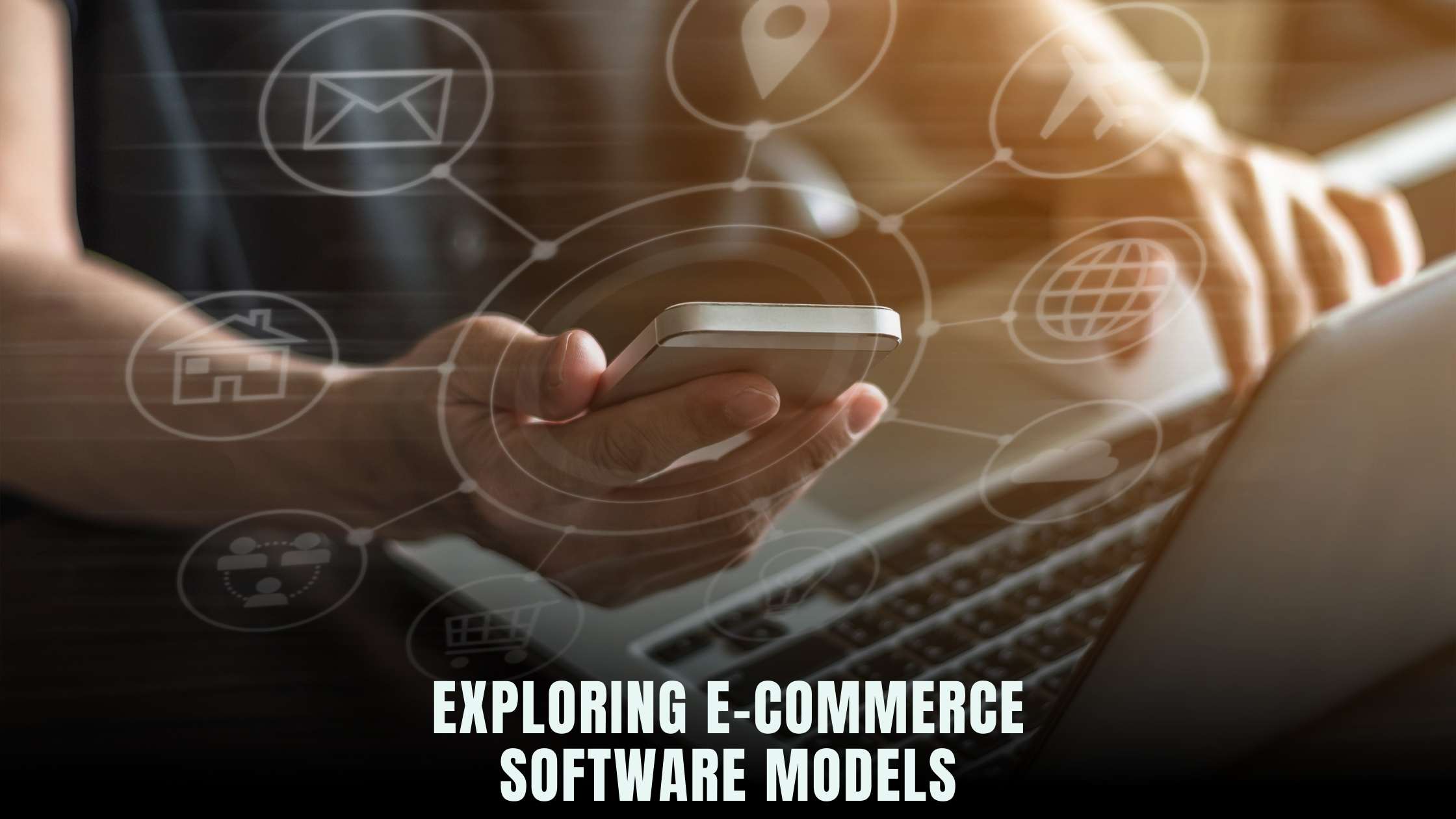E-commerce and SaaS: Understanding Service Models
- Expense Management Software Credit Cards Investing Business Solutions


E-commerce and SaaS: Understanding Service Models
In today’s digital age, the intersection of e-commerce and Software as a Service (SaaS) has transformed the way businesses operate online. Understanding the service models of e-commerce and SaaS is crucial for businesses looking to leverage technology to drive growth and innovation. In this article, we’ll explore the relationship between e-commerce and SaaS, delve into the various service models, and highlight relevant SaaS products that support e-commerce operations.
The Relationship Between E-commerce and SaaS
E-commerce:
E-commerce refers to the buying and selling of goods and services over the internet. It encompasses a wide range of activities, including online retail stores, digital marketplaces, and business-to-business (B2B) transactions. E-commerce businesses leverage digital platforms to reach customers, manage inventory, process transactions, and fulfill orders, making it a fundamental component of modern commerce.
Software as a Service (SaaS):
SaaS is a software delivery model where applications are hosted in the cloud and accessed via the internet. Instead of purchasing and installing software on individual computers, users subscribe to SaaS applications on a pay-as-you-go basis, typically on a monthly or annual subscription plan. SaaS offers numerous benefits, including scalability, accessibility, and cost-effectiveness, making it an attractive option for businesses of all sizes.
Understanding E-commerce Service Models
1. Platform as a Service (PaaS):
PaaS providers offer a platform where businesses can build, deploy, and manage e-commerce applications without the complexity of infrastructure management. PaaS solutions typically include features such as website hosting, database management, and development tools, allowing businesses to focus on building and scaling their e-commerce operations.
2. Infrastructure as a Service (IaaS):
IaaS providers offer virtualized computing resources, such as servers, storage, and networking, on a pay-as-you-go basis. Businesses can leverage IaaS to deploy and manage their e-commerce infrastructure in the cloud, reducing the need for on-premises hardware and infrastructure maintenance.
3. Software as a Service (SaaS):
SaaS providers offer e-commerce software applications that enable businesses to manage various aspects of their online operations, including storefronts, product catalog management, order processing, and customer relationship management (CRM). SaaS e-commerce platforms offer scalability, flexibility, and ease of use, allowing businesses to quickly adapt to changing market conditions and customer demands.
Relevant SaaS Products for E-commerce
1. Shopify:
Shopify is a leading SaaS e-commerce platform that empowers businesses to create and manage online stores with ease. With features such as customizable storefronts, secure payment processing, and integrated marketing tools, Shopify enables businesses to build a successful online presence and drive sales.
2. BigCommerce:
BigCommerce is a cloud-based e-commerce platform designed to help businesses launch, grow, and scale their online stores. With robust features such as responsive design templates, multi-channel selling capabilities, and built-in analytics, BigCommerce provides businesses with the tools they need to succeed in the competitive e-commerce landscape.
3. Magento:
Magento is an open-source e-commerce platform known for its flexibility and scalability. With a wide range of customization options, advanced features, and extensive third-party integrations, Magento empowers businesses to create unique and engaging online shopping experiences for their customers.
4. WooCommerce:
WooCommerce is a customizable e-commerce platform built on WordPress, offering businesses the flexibility to create online stores that align with their brand and vision. With a wide range of extensions and plugins, WooCommerce allows businesses to customize their online stores and add new features and functionality as needed.
5. Volusion:
Volusion is an all-in-one e-commerce solution that simplifies the process of building, managing, and growing online stores. With features such as customizable themes, secure hosting, and comprehensive support, Volusion enables businesses to create professional and successful e-commerce websites.
Leveraging Subscribed.FYI for E-commerce Success
For businesses seeking to optimize their e-commerce operations and leverage SaaS solutions, Subscribed.FYI offers valuable insights and resources on SaaS tools tailored to the e-commerce industry. By accessing Subscribed.FYI, businesses can discover new solutions, compare features and pricing, and make informed decisions to drive their e-commerce success in today’s digital landscape.
Relevant Product Links:








